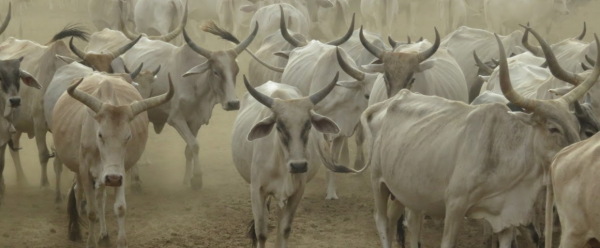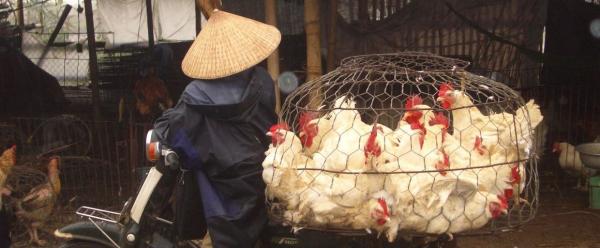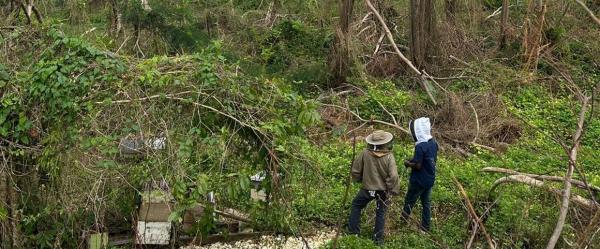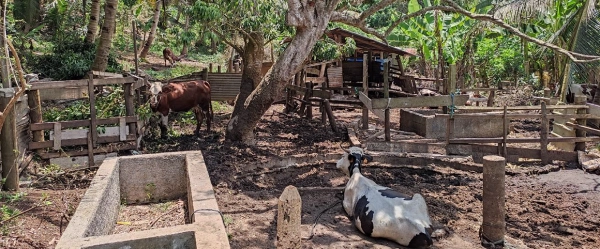Expert view 23 January 2026
- Home
- Our activities, our impact
- Priority research topics
- One Health

One Health
In the field of plant, animal and ecosystem health, CIRAD's research fits into a systemic, integrated approach that addresses the links between agriculture and health.
That systemic, integrated approach means fuelling the scientific concepts linked to the communities of practice building global approaches - One Health, EcoHealth and/or Planetary Health - and playing an active role on the international stage in these fields, in both North and South.
To implement such approaches, CIRAD makes use of its disciplinary expertise, the research infrastructures and reference laboratories that ensure its capacity to develop monitoring and control tools, its collections and databases, the regional health networks to which it belongs or which it built (including platforms in partnership), its ongoing partnerships in the global South, and its field experience of numerous models.
These various assets enable CIRAD to participate in major control programmes, and to act as a leading contact for ministries in charge of health management in the global South, international organizations and the French Ministry of Agriculture, on topics such as epidemiosurveillance and global health monitoring, particularly thanks to its overseas installations. CIRAD is already heavily involved in integrated approaches (One Health, etc) covering a range of disciplines (from biology to the social sciences), sectors (environment, agriculture, public health, etc), and players (political, institutional, research, private, and beneficiaries such as producers and livestock farmers). The close link between research, appraisals and training makes CIRAD unique in its capacity to act and provide support. CIRAD is widely recognized in several fields that are vital for implementing integrated approaches: entomology, microbiome studies, knowledge of disease-resistant local varieties and races, ecology on every level, epidemiology and modelling, risk analysis and improvement of surveillance systems.
The research fields and technological developments pinpointed for these integrated health approaches include :
- surveillance, early warning and control systems capable of analysing disease emergence by developing participatory health approaches and collective control;
- biocontrol and antimicrobial resistance;
- phytobiomes, microbiomes, holobiomes and interactions between communities of microorganisms;
- genome editing (resistance, vaccines, vectors, etc);
- big data, particularly text and environmental data and metagenomics;
- modelling, including spatial modelling, studies of human and animal mobility, landscape analysis;
- health economics and public-private sector partnerships;
- analyses of the socioeconomic and cultural factors that determine the behaviour of at-risk social players;
- support of territorial players adopting an integrated health management approach (including farmers, consumers, decision makers, etc);
- contributing to drafting and analysing health policy.
CIRAD must use such approaches to address emerging global issues such as antimicrobial resistance (AMR) or health and toxicological risks affecting populations, food systems and ecosystems. This will involve working on the notions of emergence, endemicity, particularly of neglected diseases, the impact of management and surveillance practices, and vulnerability. It will develop tools such as observatories and indicators of good plant, animal and socio-ecosystem health.

































